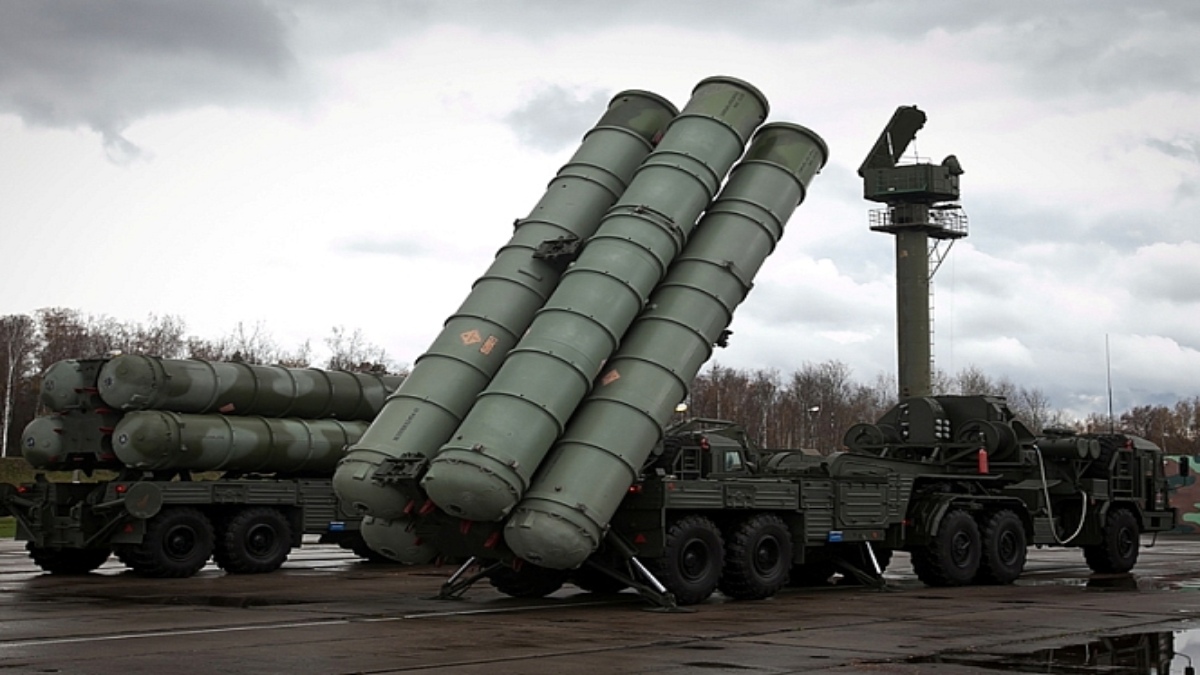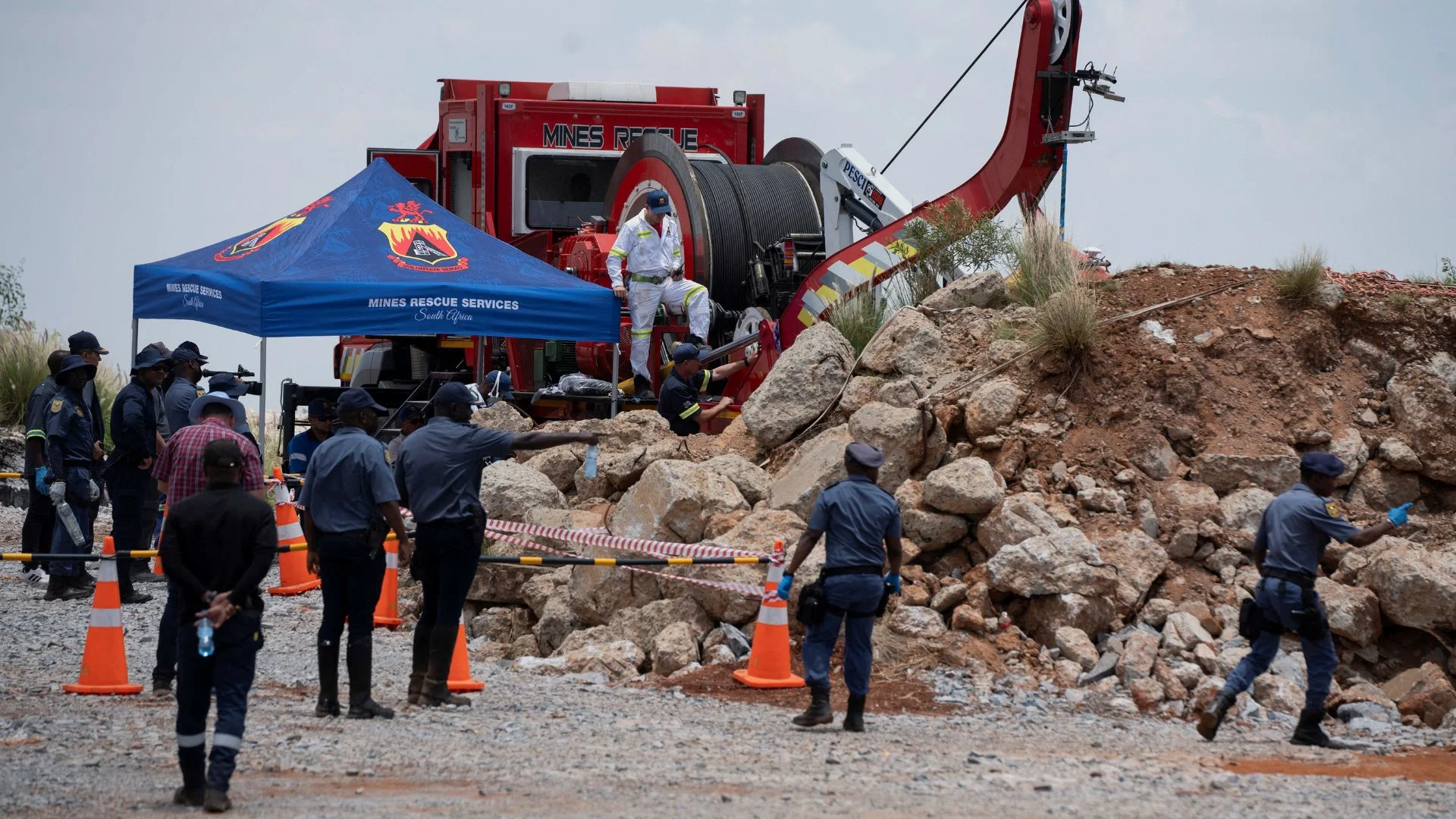The delivery of S-400 air defence system has started from Russia, although the full delivery of five systems will happen over a period of five years, thus putting a question mark on the effectiveness of the system in case of any kinetic conflict in the near future. Also problematic is the fact that Russia has supplied the same S-400 system to China, India’s main “enemy”, with whom it is locked in an eyeball to eyeball standoff in the icy Himalayas. Worse, as it has been pointed out by military experts, including Richard D. Fisher, Jr in an interview to The Sunday Guardian (‘China’s military budget much bigger than what it reveals’, July 3, 2021), “China already has its 3,000 km range DF-17 manoeuvrable hypersonic missile to take out India’s S-400s” and while “India understands the capability of the S-400 it will be deterred from sending aircraft and slow missiles into its kill zone. India and China will be racing each other to find and exploit the vulnerabilities of the S-400, meaning the money they gave the Russians will soon be wasted for naught. It also means that India will have to invest in long-range hypersonic and manoeuvrable ballistic missile systems to take out S-400 emplacements.” And then there is the CAATSA (Countering America’s Adversaries Through Sanctions Act) angle, which requires the US President to sanction any country or entity “engaging in transactions with the intelligence or defense sectors of the Government of the Russian Federation”.
In other words, it does not make sense for India to buy the S-400, even in the name of security interests and strategic autonomy, the 21st century way of describing “non alignment”, which in reality was a firm alignment with Soviet Russia. But now that delivery has started, S-400 appears to be an inevitability and the obvious question is: what next?
From all accounts, India has been betting on the waiver of sanctions by the US as a special case. Towards this an amendment to the National Defense Authorization Act FY2022 has been introduced by three Republican Senators that makes it harder for the US President to impose sanctions on Quad members for buying Russian arms. However, opposition to this is coming from people like John Bolton, who was National Security Adviser of then US President Donald Trump for around a year. Considered a hardliner and a hawk, who made Donald Trump withdraw from the US’ nuclear deal with Iran, Bolton seems to have become active against giving a waiver to India for purchasing S-400. In an article in the Hill, Bolton makes a case against India by raising the issue of the deal amounting to compromising America’s stealth technology and goes to the extent of saying that “skeptics might say New Delhi is playing Washington.” He makes certain valid points about India “sending contradictory signals”. In fact, this newspaper has been arguing for a long time that India pursuing a policy of “strategic autonomy”—where it is partnering both the US and Russia—is fine as long as it does not start looking like “strategic confusion”, which appears to be the case currently, or at least that is the message going out to the world, especially when Russia is firmly aligned with India’s adversary China. Bolton also raises the issue of procurement from Russia “jeopardizing seemingly mundane but often critical issues of interoperability among national militaries” and thus rendering the Quad militarily toothless. He also argues against treating India as a special case for it might trigger countries like Turkey to make similar demands. He goes on to urge Washington to put strict conditions on India for any potential waiver by demanding “an agreed-upon timeline and metrics to reduce Indian purchases of sophisticated Russian weapons systems, regular Quad consultations on meeting these targets and more extensive politico-military planning for Indo-Pacific threats, thereby shaping future procurement requirements”. In other words, play the headmaster and crack the whip on India. Mr Bolton needs to realise that if the West were willing to share critical technology with India, the latter would not have felt the need to depend on Russia for transfer of technology and the subsequent closeness in defence relationship. That the West never trusted India is a fact of history. It’s only recently that US-India relations have started warming up and taken a direction where interests converge, especially when it comes to countering China. Insisting on sanctions against India, or attempting to put strict conditions will have a deleterious effect on the strategic partnership between the two countries and on India-US relations in general. India is a proud country and any attempt to browbeat it into submission will lead to a huge public outcry, and as the US knows, no elected government can survive public anger. This will also play right into the hands of Beijing, for any alliance/partnership of the democracies is anathema to China, which is scared of a united world standing up to it. And whatever be the recent attempts to show India as the weak link of the Quad, the bottom line is, there is no Quad or Indo-Pacific strategy without India being its pivot. And this is not because of its location as a neighbour of China, but mainly because of its great power potential, of which China is extremely wary of. There has to be realisation in Washington, that any move that is adversarial to India, is bad for the US as well. There is no countering China without India and it will be foolish to let one S-400 deal derail India-US relations.























